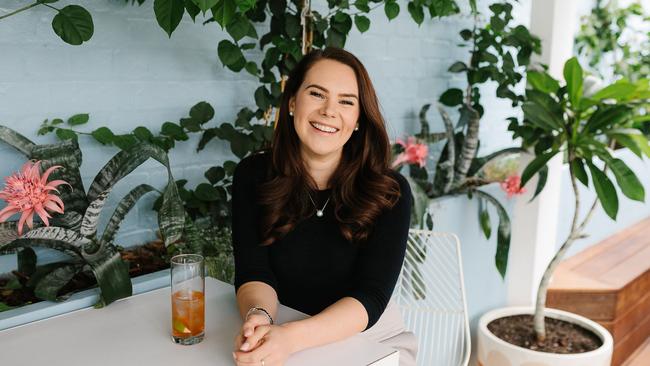After the crackdown, these finfluencers are fighting on
The number of social media-driven financial advisers has slid by a third since the regulator tightened rules. Some, however, are scrambling for licences so they can keep posting.

It didn’t take long – six months after the consumer regulator cracked down on finfluencers, social media posts about financial advice have been cut by up to a third.
Finfluencers – influencers using social media and platforms to share content geared towards finance, budgeting and investing – were hit for six in March when the Australian Securities and Investments Commission warned unlicensed users could face up to five years jail or fines of more than $1m if they were found to be talking about stocks or financial products.
But a handful of finfluencers are still standing and find themselves living in a brave new world.
“We’ve seen finfluencers be much more careful, moderating their language online, and some are pursuing official credentials,” says ASIC’s senior executive leader of market supervision Calissa Aldridge. “In our bilateral engagements with finfluencers we’ve continued to capture concerning content and (finfluencers) have been most responsive to it.
“More actions are ongoing – there has been continued enforcement and surveillance, which has been effective.”
Under the guidelines, only holders of an Australian Financial Service licence can provide specific financial product advice or send followers to financial products for the purpose of trading. But users were not prevented from sharing direct advice relating to cryptocurrencies and property investments.
The intervention came after a survey conducted by ASIC in 2021 found 28 per cent of 18 to 21 year old social media users followed at least one finfluencer, with 64 per cent of that number admitting to have changed at least one financial behaviour as a result.
Licenced finfluencers still offering direct advice include Victoria Devine, co-host of popular podcast She’s On The Money, Glen James, host of My Millennial Money, and Owen Raszkiewicz, a seasoned investor and founder of investment firm Rask.

Bryce Leske and Alec Renehan, co-founders of retail investor podcast Equity Mates, tell The Weekend Australian that ASIC did what it had to, but believe the regulator had inadvertently widened the gap in financial literacy.
“Financial literacy in Australia is poor, and those who are educated and qualified are unable to help those who don’t have a lot of money, which makes a massive gap,” says Renehan.
“The irony that we can’t talk about diversified ETFs, but we can tell people to invest in Dogecoin – it makes next to no sense.”
Natasha Etschmann, a finfluencer known as @tashinvests online, says she has spent the past five months pursuing an AFS licence in light of the change.
“It’s definitely been quieter on the investment front all across the board with all influencers,” she says. “It’s a work in progress getting licenced – a lot of smaller accounts just won’t bother and some have closed down – but it’s necessary for others to do the paperwork because there’s not a lot of bigger content creators out there.”
Etschmann says she’s disappointed there appeared to be more leniency shown to podcasts and authors, as opposed to creators curating content for Instagram and TikTok. “Podcasts are seen as more professional – people think you‘re not as safe on TikTok, for example, and guidelines are less likely to be followed – but that’s not always the case,” she suggests.
Many finfluencers are now awaiting the outcome of the ongoing Quality of Financial Advice Review, conducted by the treasury department and due to be tabled by December 16 at the latest.
The review will look at simplifying regulatory compliance obligations, as well as to “better enable the provision of high quality, accessible and affordable financial advice for retail investors”.
It will also clarify what constitutes general advice – a move that, according to My Millenial Money’s Glen James, could result in less red tape for finfluencers in the near future.
James praised some existing finfluencers for “getting on with the job” of obtaining the necessary paperwork but said the lay of the land could be about to shift again.
“It appears that ASIC, having attempted to clarify the existing law, have succeeded in cracking down on unlicensed advice because many unlicensed influencers have stopped posting, or changed their content to lifestyle content,” he says. “However, I would say watch this space on the quality advice review. All this (regulation pressure) could go away and be a non-issue. I might even hand in my licence and not own one afterwards.”
Leske, of Equity Mates, says despite the regulation, he was happy that the issue of young retail investors seeking financial advice was now a front-end-centre issue.
“People sharing their personal stories and what they’re learning breaks down a lot of taboos when it comes to speaking about money and dispels this idea that not everyone can be an investor,” Leske adds.







